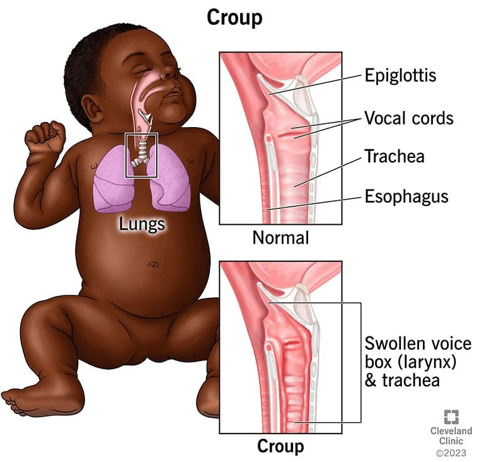When providing client care, the nurse identifies a problem and develops a related clinical question. Next, the nurse intends to gather evidence so that the decision-making process in response to the problem and clinical question is evidence-based. When gathering evidence, which consideration is most important?
Frequency that the problem occurs.
Related personal values.
Relevance to the situation.
Past experience with similar problems.
The Correct Answer is C
A) Incorrect- While understanding the frequency that a problem occurs can provide context to its significance and potential impact, it is not the most important consideration when gathering evidence for evidence-based decision-making. The frequency alone does not ensure that the evidence collected will be directly applicable to the current situation.
B) Incorrect- Personal values are subjective and may influence an individual's perspective, but they are not the primary consideration when gathering evidence for evidence-based decision- making. Evidence-based practice aims to rely on objective and scientifically validated information rather than personal values, which can vary greatly among individuals.
C) Correct- The most important consideration when gathering evidence is its relevance to the specific situation at hand. Evidence must directly address the problem and clinical question, ensuring that the information collected is applicable, appropriate, and reliable for guiding decision-making in the current context.
D) Incorrect- While past experiences can offer insights, they are not the most important consideration for evidence-based decision-making. Relying solely on past experiences may not account for new developments, changing guidelines, or unique aspects of the current situation that were not present in previous encounters.
Nursing Test Bank
Naxlex Comprehensive Predictor Exams
Related Questions
Correct Answer is B
Explanation
A. Elevated energy level: While cocaine use can initially cause increased energy, this is a temporary effect. The most consistent and concerning behavioral manifestation is drug-seeking behavior due to intense cravings.
B. Powerful craving for more: Cocaine is highly addictive and stimulates the brain's reward system, leading to a powerful and often uncontrollable craving for more of the drug, which is a hallmark of cocaine dependence.
C. High self-esteem: Cocaine use may cause temporary grandiosity, but it does not result in true or stable high self-esteem. Users often experience mood swings and depressive symptoms after the drug wears off.
D. Euphoria: Cocaine does cause euphoria, but it is short-lived. The craving for more, even after the initial high, is more defining and persistent in clients who test positive and are in the cycle of use.
Correct Answer is C
Explanation
Croup is a respiratory infection that causes inflammation and narrowing of the airway, resulting in a barking cough, hoarseness, and stridor. The PN should monitor the child's oxygen saturation level via pulse oximetry, as it can indicate the severity of the airway obstruction and the need for supplemental oxygen or other interventions.

Whether you are a student looking to ace your exams or a practicing nurse seeking to enhance your expertise , our nursing education contents will empower you with the confidence and competence to make a difference in the lives of patients and become a respected leader in the healthcare field.
Visit Naxlex, invest in your future and unlock endless possibilities with our unparalleled nursing education contents today
Report Wrong Answer on the Current Question
Do you disagree with the answer? If yes, what is your expected answer? Explain.
Kindly be descriptive with the issue you are facing.
